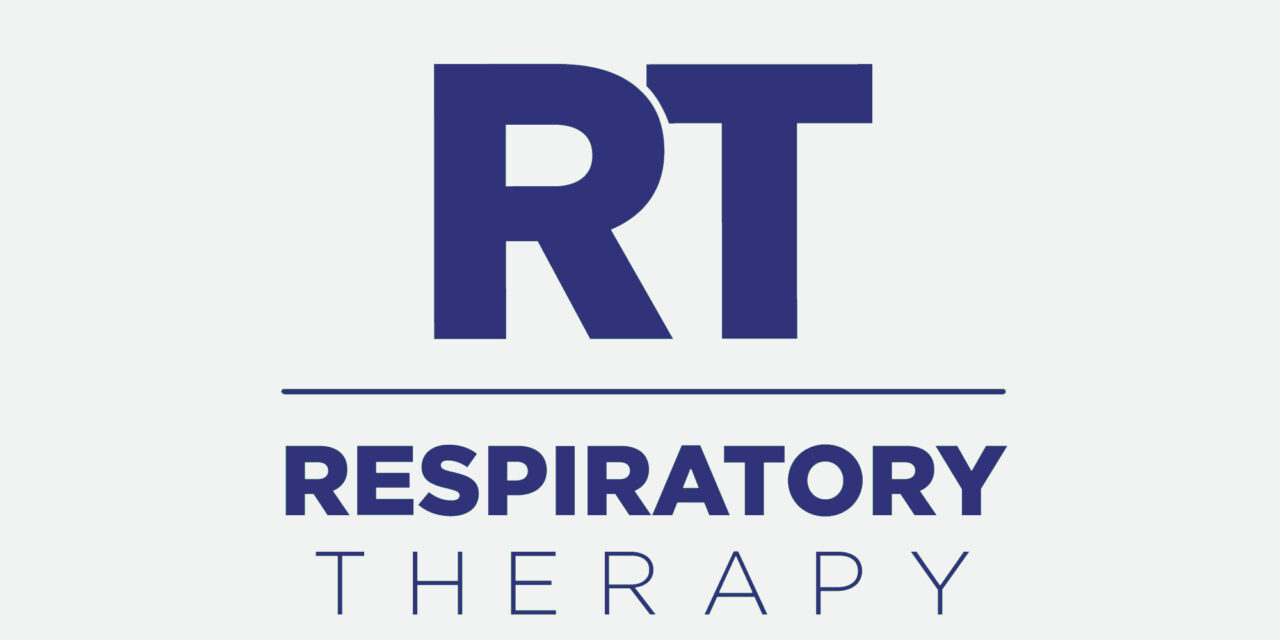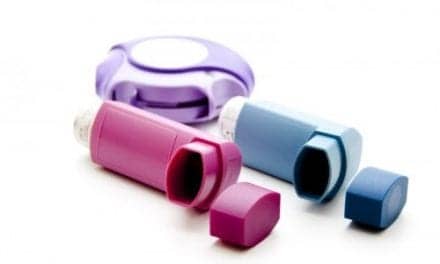While students are on summer break, respiratory therapists should focus their efforts on reaching them with tobacco and asthma education.
By Tony Ramos
With so many school-aged children across the United States graduating this month, the inclination is to simply relax and enjoy summer vacation. However, for respiratory care professionals, this might be the best time to kick education efforts into high gear. While students are combining outdoor activities and vacations with summer school, RCPs should focus their attention on reaching the younger generation with their own summer education agenda–helping kids stop or avoid a tobacco habit and raising awareness on how asthmatics can best manage their disease.
A recent study conducted by researchers from Brigham and Women’s Hospital and Harvard Medical School reported that most smokers do not accept that smoking puts them at a higher than average risk of having a heart attack or developing cancer. Of the 3,031 individuals who participated in the study, a staggering 71%current smokers do not believe that they are in any more danger of having a heart attack than nonsmokers, while 600feel that they are not at a higher than average risk of developing cancer. Even the majority of heavy smokers (40 or more cigarettes per day) do not accept that they are increasing their odds of developing a life-threatening illness. However, the study showed that as a whole, younger and more educated smokers were more likely to recognize and admit that smoking does increase the risk of heart disease and cancer. Although this distinction may seem relatively minor, an acknowledgment of health hazards associated with tobacco use is a step in the right direction to help reduce the number of smokers. And since the survey indicates that younger and better educated individuals are more open to learning about the dangers associated with smoking, RCPs should take advantage of the summer of 1999 to deliver the tobacco-free message to America’s youth. Even with the onslaught of advertising and public awareness campaigns that depict smoking as dangerous to one’s health, the message needs a shot in the arm from health care professionals.
For those school-aged children who have asthma, summer is a perfect time for them to learn to manage their disease effectively. Then, when school starts in the fall, they will suffer fewer asthma attacks which lead to absenteeism. The AARC recently participated in launching a nationwide asthma screening program aimed at the 15 million Americans who have asthma. Since one-third of those asthmatics are children, bringing asthma programs to school-aged youngsters and their families–those in particular who reside in low-income households where asthma is rising dramatically–can enable RCPs to play a vital role in managing this illness. Educating asthmatic children and their families about environmental causes of the disease, and how to avoid certain activities and situations that can trigger an attack, helps to combat this often debilitating disease.
Earlier this year, the Clinton Administration allotted $68 million to help fight asthma. Along with the administration and other government agencies, such as the Environmental Protection Agency, RCPs should participate in this national push to reduce children’s exposure to the elements that contribute to asthma. Not only is this a good cause, but a nationwide asthma agenda will allow RCPs to further demonstrate their value within the health care system. National attention to asthma may not last for long, though, so it is imperative that RCPs take a leadership role in this effort now.
Both asthma management and smoking cessation programs involve reaching out beyond the acute care setting, now that more health care is being delivered within alternative care sites. These programs provide great opportunities to take that initial step. And who knows, maybe RCPs will have the opportunity to skateboard or ride a bike this summer with a member of the younger generation.
RT
Tony Ramos is the former publisher of RT. For more information, contact [email protected].









